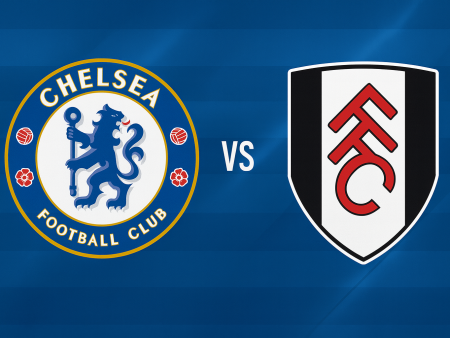Why Punishing Young Athletes Is Counterproductive: Key Reasons for Coaches to Rethink Discipline
The Core Reason Children Participate in Sports: Enjoyment Over Punishment
Children engage in sports mainly for the simple pleasure and excitement it brings. Making activities enjoyable is fundamental to keeping kids interested and motivated. Recent studies indicate that 70% of young athletes drop out of organized sports before their teenage years, with the primary factor being a loss of enjoyment. When coaches introduce punishments, such as extra laps or benching for mistakes, the natural fun of sports is replaced with anxiety and negativity. Instead of motivation, children begin to view sports as stressful and unenjoyable. Effective coaching should prioritize creating positive experiences, learning opportunities, and growth, with fun woven into every activity. For example, if a player misses a penalty, a constructive solution could be to have them work on scoring in practice sessions before their next in-game opportunity, transforming the mistake into a chance to improve and enjoy the learning process.
How Punishment Stifles Learning and Confidence on the Field
While sports play an essential role in physical health and skill-building, their impact on character and cognitive development is equally significant. Some coaches hold the belief that punishment acts as a powerful motivator, often drawing on outdated ideas related to operant conditioning. However, research and experience reveal that disciplinary measures rarely foster real learning or improvement. Instead of encouraging athletes to take initiative, punishments tend to create fear-a fear of making mistakes, taking risks, or trying new things. Children are not laboratory subjects; when met with scolding or extra drills for errors, they become overly cautious and less likely to step outside their comfort zones.
Game-like scenarios further highlight the ineffectiveness of punishment. For example, making a player do push-ups after a misplaced pass does not replicate real sports experiences. The natural outcome-loss of possession-is enough for the athlete to recognize their error. Constant critical feedback or yelling only diminishes enjoyment and confidence. Instead, encouragement, constructive advice, and supportive feedback help young players reflect, adapt, and ultimately learn from their experiences.
Lost Practice Opportunities: The Hidden Cost of Punitive Coaching
When consequences like push-ups, running laps, or sitting out are frequently used as discipline, training time is substantially reduced. During skill drills, removing players-or assigning unrelated physical tasks-interrupts essential practice and development. For instance, if two players are passing together and one is sidelined for mistakes, both lose valuable chances to develop their technique. Activities such as elimination games cause similar setbacks: players forced out early for errors miss out on the very practice they often need most.
This approach limits growth, disrupts team unity, and can even introduce safety risks if children continue activities in improper ways. Rather than resorting to discipline that removes players from action or practice, coaches should focus on in-the-moment feedback, skill demonstrations, and supportive interventions. Maximizing practice time, even after mistakes, enables continuous improvement and increased confidence for every child on the team.
Conclusion: Building a Positive Sports Environment Without Punishment
Evidence from youth sports organizations and child development research strongly suggests that punitive methods are not only ineffective but often detrimental to the athlete’s enjoyment and progress. Creating a positive environment, focused on fun, encouragement, and continuous learning, leads to greater retention, confidence, and overall success for young players. By making skill-building enjoyable and keeping consequences constructive and related to learning, coaches set a foundation for lifelong sports participation and holistic growth.
To truly support young athletes, coaches must prioritize development and enjoyment over discipline. Let’s foster a positive sporting culture where mistakes are part of the journey, not a reason for punishment.












